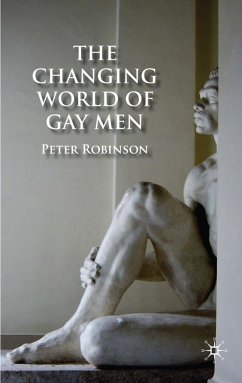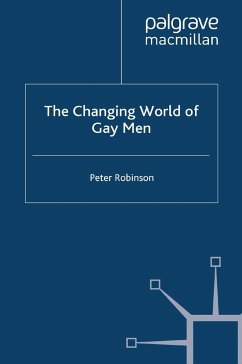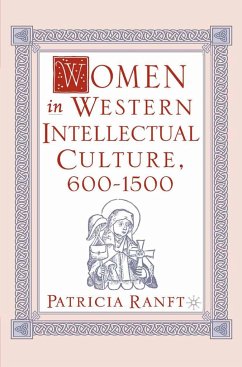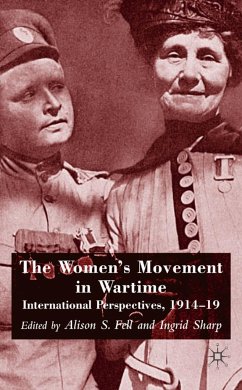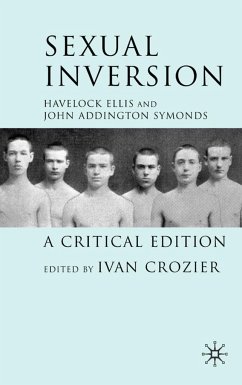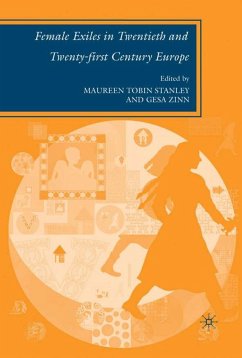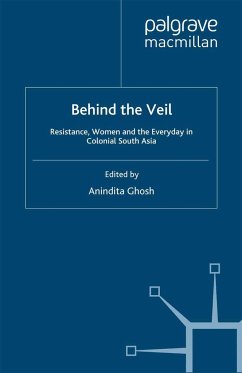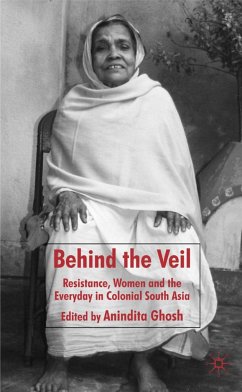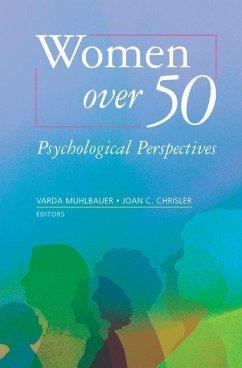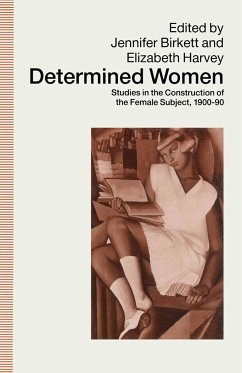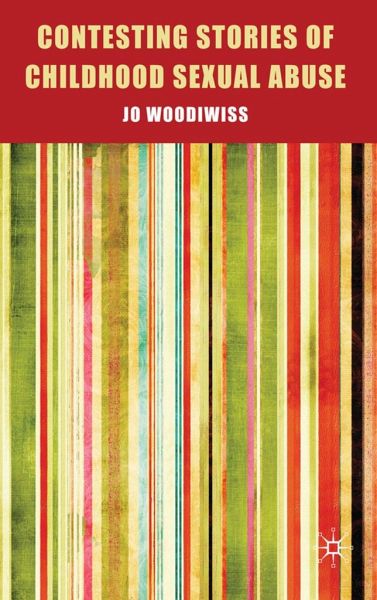
J. Woodiwiss
Gebundenes Buch
Contesting Stories of Childhood Sexual Abuse
Versandkostenfrei!
Versandfertig in 6-10 Tagen

PAYBACK Punkte
19 °P sammeln!





Located within a burgeoning therapeutic/self-help culture this book explores stories of childhood sexual abuse, 'recovered memories' and multiple personalities, and explodes the myths surrounding women who, without memories, redefine themselves as victims.
JO WOODIWISS is Senior Lecturer in Sociology, University of Huddersfield, UK, and a feminist activist. She has worked in the field of sexual violence and abuse for over a decade. She has published widely on childhood sexual abuse in relation to women's narratives, adult victims, and recovered memories.
Produktdetails
- Verlag: Palgrave Macmillan / Palgrave Macmillan UK / Springer Palgrave Macmillan
- Artikelnr. des Verlages: 978-0-230-57404-5
- 2009 edition
- Seitenzahl: 240
- Erscheinungstermin: 26. August 2009
- Englisch
- Abmessung: 218mm x 140mm x 20mm
- Gewicht: 445g
- ISBN-13: 9780230574045
- ISBN-10: 0230574041
- Artikelnr.: 26604768
Herstellerkennzeichnung
Libri GmbH
Europaallee 1
36244 Bad Hersfeld
gpsr@libri.de
'This is a challenging book written from a feminist perspective. Contesting Stories is really about 'the self' and how therapeutic discourses shape and limit the ways in which we make sense of our lives - particularly in the context of abuse...a thought provoking book which must surely be widely read for the challenges to conventional thinking that it embodies.'
- Carol Smart, Professor of Sociology, University of Manchester
'Contesting Stories of Childhood Sexual Abuse argues that the tellers of 'stories' about such abuse are as much, or even more so, the victims of the limited and limiting stories of therapy, harm and recovery in circulation in contemporary culture...a significant and indeed provocative contribution to this intense debate.'
- Jeff Hearn, Universities of Huddersfield, UK and Linköping, Sweden
'This important book illuminates the ways in which the homogenous discourses of false memory syndrome and child sexual abuse representadult women as victims while simultaneously demanding that they engage in active reconstruction of the self... this book offers vivid examples of the active, creative and agentic woman in therapy, as she mobilises many apparently fixed notions to suit her own chosen biography.'
- Dr Gail Hawkes, School of Behavioural, Cognitive and Social Science, University of New England, Australia
- Carol Smart, Professor of Sociology, University of Manchester
'Contesting Stories of Childhood Sexual Abuse argues that the tellers of 'stories' about such abuse are as much, or even more so, the victims of the limited and limiting stories of therapy, harm and recovery in circulation in contemporary culture...a significant and indeed provocative contribution to this intense debate.'
- Jeff Hearn, Universities of Huddersfield, UK and Linköping, Sweden
'This important book illuminates the ways in which the homogenous discourses of false memory syndrome and child sexual abuse representadult women as victims while simultaneously demanding that they engage in active reconstruction of the self... this book offers vivid examples of the active, creative and agentic woman in therapy, as she mobilises many apparently fixed notions to suit her own chosen biography.'
- Dr Gail Hawkes, School of Behavioural, Cognitive and Social Science, University of New England, Australia
Für dieses Produkt wurde noch keine Bewertung abgegeben. Wir würden uns sehr freuen, wenn du die erste Bewertung schreibst!
Eine Bewertung schreiben
Eine Bewertung schreiben
Andere Kunden interessierten sich für




